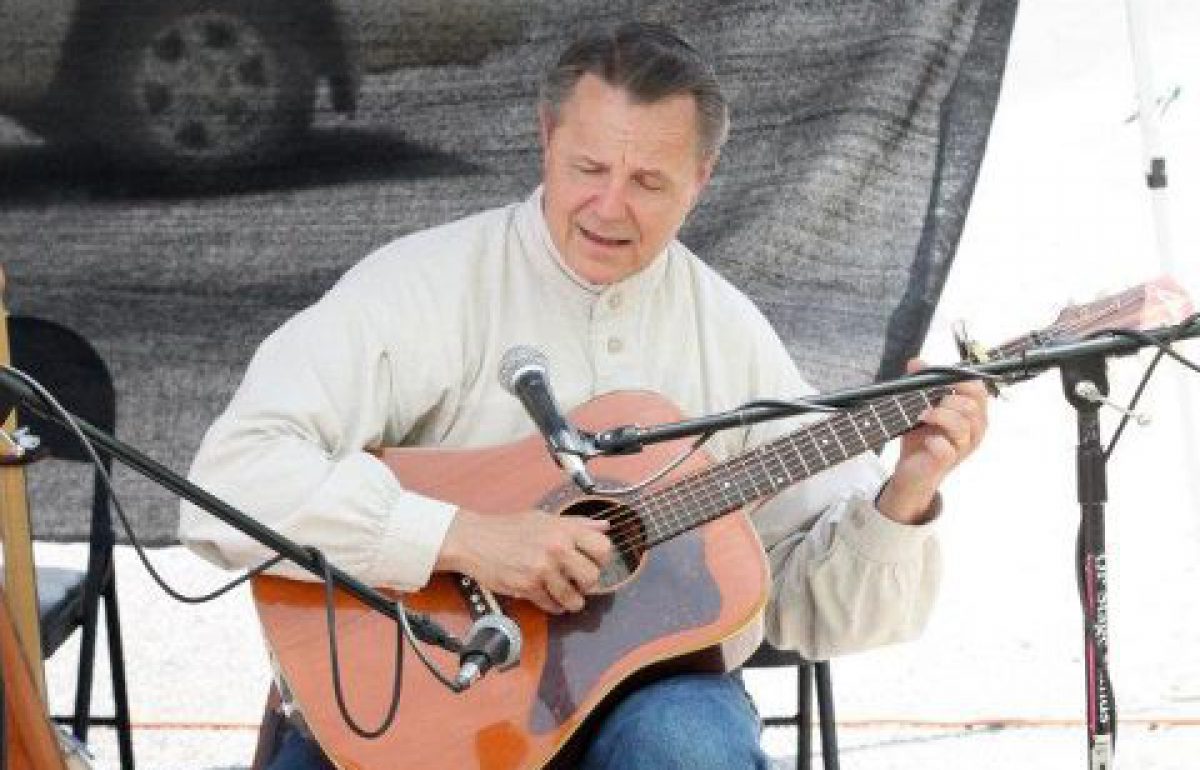One of the topics that arise during this season is “whom do we thank?” That wasn’t a problem in previous generations, but this is the twenty first century and you can’t stop progress; so the question looms large. It wouldn’t even arise if we weren’t inheritors of the Western Christian tradition, which gives us Christmas, Easter, and other nagging little vestigial organs that have to be redefined by the guardians of civil liberty.
One cute suggestion appeared on National Public Radio quite a few years ago. The commentator concluded “we thank ourselves!” Imagine that, a holiday to thank ourselves. I suppose that we could have a holiday to thank one another, but that seems to be what Christmas has become among the revisionists. No, that definition of Thanksgiving will never do.
Another popular choice is that we thank the Indians. Of course, since they weren’t from India, we really should be more accurate and refer to them as aborigines. The easy word was “natives,” but that conjures up the image of semi-naked, spear carrying savages–so we can’t use it any more. Anyway, some of the aborigines helped the Pilgrims, so the mythology behind this choice says that the Pilgrims owed their prosperity to them and threw them a multi-culti party.
The truth is, of course, that this is a holiday for thanking God the Father Almighty, maker of Heaven and Earth, “the God that hath made and preserved us a nation.” The Bible says that every good and perfect gift comes down from Him.
But not all of God’s gifts come directly from him. Many are delivered through secondary means. In the first years of the Pilgrim efforts here, they were devout worshippers of God, but nevertheless nearly died of starvation. God did not intervene on their behalf and provide food. Instead, he allowed them to consider, believe, and implement the system of private property taught in the Scriptures, which they had foolishly set aside in favor of a communistic system imposed by their colony’s sponsors in England. Under the communistic sysem, as reported in a diary,
the young men . . . did repine that they should spend their time and strength to work for other men’s wives and children without any recompense. The strong . . . had not more in division . . . than he that was weak and not able to do a quarter the other could; this was thought injustice. The aged and graver men to be ranked and equalized in labors and victuals, clothes, etc . . . thought it some indignity and disrespect unto them. And the men’s wives to be commanded to do service for other men, as dressing their meat, washing their clothes, etc., they deemed it a kind of slavery, neither could many husbands well brook it. . . . For this community of property (so far as it went) was found to breed much confusion and discontentment and retard much employment that would have been to their benefit and comfort.
They decided to adopt a free-enterprise system of society:
All their victuals were spent . . . no supply was heard of, neither knew they when they might expect any. So they began to think how they might raise as much corn as they could, and obtain a better crop than they had done, that they might not still thus languish in misery. At length . . . the Governor (with the advice of the chiefest among them) gave way that they should set corn every man for his own particular, and in that regard trust to themselves. . . . And so assigned to every family a parcel of land . . . . This had very good success, for it made all hands very industrious, so as much more corn was planted than otherwise would have been by any means the Governor or any other could use, and saved him a great deal of trouble, and gave far better content. The women now went willingly into the field, and took their little ones with them to set corn, which before would allege weakness and inability, whom to have compelled would have been thought great tyranny and oppression.
The diary went on to say that there was never any food shortage once the private property system was implemented.
There’s a time to pray and there’s a time to act. Had they continued to languish in their socialistic lagoon, they would have prayed themselves into early graves. Freedom made the difference for this nation. May God help us to preserve and extend the blessings of liberty to ourselves and our posterity.
